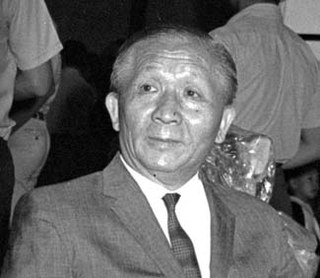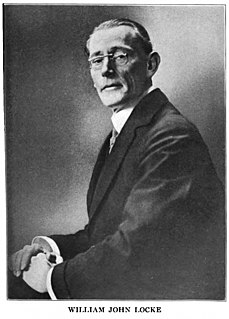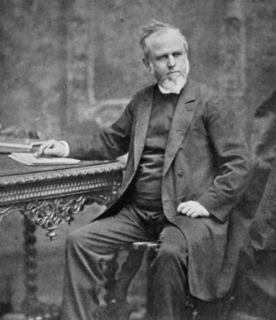A Quote by Elizabeth Barrett Browning
And Chaucer, with his infantine Familiar clasp of things divine.
Related Quotes
When a man's intellect is constantly with God, his desire grows beyond all measure into an intense longing for God and his incensiveness is completely transformed into divine love. For by continual participation in the divine radiance his intellect becomes totally filled with light; and when it has reintegrated its passible aspect, it redirects this aspect towards God, filling it with an incomprehensible and intense longing for Him and with unceasing love, thus drawing it entirely away from worldly things to the divine.
In the final exam in the Chaucer course we were asked why he used certain verbal devices, certain adjectives, why he had certain characters behave in certain ways. And I wrote, 'I don't think Chaucer had any idea why he did any of these things. That isn't the way people write.' I believe this as strongly now as I did then. Most of what is best in writing isn't done deliberately.
This morning, Tegus welcomed me again with an arm clasp and cheek touch. I wasn't startled this time, and I breathed in at his neck. How can I describe the scent of his skin? He smells something like cinnamon-- brown and dry and sweet and warm. Ancestors, is it wrong for me to imagine laying my head on his chest and closing my eyes and breathing in his smell?






































